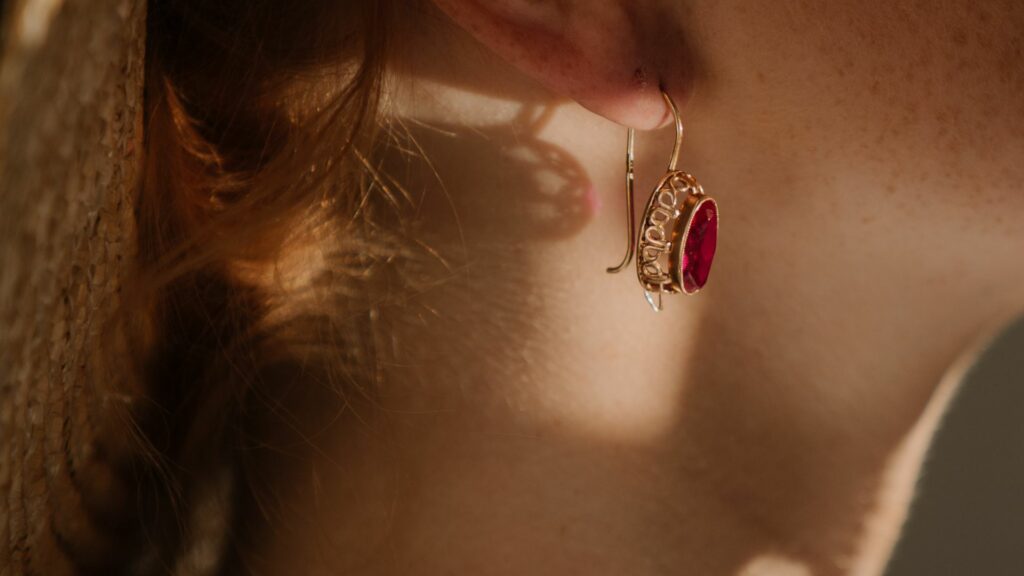Belgium's aristocracy is older than its monarchy. Although this group no longer enjoys special privileges, they still hold disproportionate sway in society: 56% of the total wealth of Belgium's 500 richest families belongs to nobles.
Belgium still has some 1,300 noble families with approximately 20,000 members who occupy the upper echelons of society. Work by L'Echo newspaper shows that nobility and wealth still go hand in hand.
Within the nobility there are both old and new families, the former denoting those who had their titles before Belgian independence in 1830, the latter awarded their titles by Belgium's monarchs for acts of service to the country since then.
Owning Belgian heritage
Based on the work of journalist Ludwig Verduyn, who compiled a list of the wealthiest Belgians, L'Echo made an estimate of the Belgian nobility's wealth.
These eight families own approximately €68.68 billion – 94.3% of the total fortune of the richest ten families. The only non-nobles in this group are the De Nul and Huts families.
"Their start in life is eased by their family capital, though there are also obligations and expectations," KU Leuven historian Hans Cools told The Brussels Times.
Cools added that the nobility is overrepresented in professions such as diplomacy and finance; they often sit on boards of directors or as high-ranking civil servants. The AB InBev group is particularly well represented by nobles. The shareholder families behind the group have a capital of €46.18 billion.
Old noble families de Mévius and de Spoelberch (which owned the Leuven brewer Stella Artois) and the Van Damme family from Liège (shareholders of the Piedboeuf brewery from Jupille) merged in 1988 to form Interbrew – AB InBev's predecessor.
Nouveau riche
Of the 500 richest families in Belgium, just 54 belong to the nobility. Yet they own €79.85 billion out of this group's €142.4 billion meaning that 11% of the richest 500 families own 56% of the total wealth.
Families such as Boël, Solvay and Janssen were ennobled around a century ago. More recently, Flemish supermarket boss Jef Colruyt was raised to the nobility in 2012, with a hereditary title meaning that his descendants will also be aristocrats.
ABInBev, GBL and Colruyt aren't the only familiar brands owned by the wealthiest aristocratic families. They also control materials group Etex, lime producers Lhoist and Carmeuse, pharmaceutical company UCB, chemical company Solvay, holding companies Ackermans & van Haaren and Sofina, steel wire producer Bekaert and car distributor D'Ieteren.
20 of the largest companies on the Brussels stock exchange are owned by seven noble shareholders. The success of the aristocracy is partly due to the fact that they need to adapt less than the monarchy.
"They don't have to renew themselves like the monarchy. They don't aim for political power and are therefore less in the limelight. Monarchy's survival is dependant on popular consent; aristocracy isn't," Cools observed.
An end to bourgeoisie?
Even if they don't aspire to political power, the work of L'Echo indicates that inherited wealth opens many doors. The fact that the descendants of nobles do well in life is no surprise for the Observatory for Belgian Inequality, which writes that inequalities are reproduced from generation to generation.
Children whose parents have had higher education are more likely to go to university. "There is a strong link between the social status of parents and that of their children," the Observatory notes.
Yet the world of the nobility isn't closed off to society, Cools explains, citing the fact that the King still awards titles.
Related News
- Richest 1% own quarter of all wealth in Belgium
- Richest 1% bagged two-thirds of new wealth, underlining need for tax overhaul
- World's richest family: Speculation looms about LMVH line of succession
Some hallmarks of old privilege persist. There are debutante balls, organisations for the noblesse as well as private clubs such as the Circle Gaulois. But these are "no longer the exclusive resort of the aristocracy."
"Intellect gives them an advantage but it's no guarantee to success. A completely egalitarian society doesn't exist, but I think the duty of politics should be to push for equal chances and equal access rather than punishing established families."
Despite their material success, they are "long-term a dying breed," said Cools. He added that "vestiges will remain in the next few decades and century but will become increasingly less important."
"(Ennobling people) is obviously an outdated phenomenon." Asked why the aristocracy fascinates him, Cools concluded: "Their survival after all these centuries and the fact that they're still here."

